One of the most powerful phases Robert Greene shares in Mastery is the concept of finding your “Life’s Task.” In simple terms: align your work with tasks you’re naturally drawn to, or motivated enough to keep pursuing even when the process gets tough.
It doesn’t mean every day will feel exciting. It means you’ll care enough to stick with it when the challenges come.
The Trap of “Good-Job Syndrome”
Be careful of what I call “good-job syndrome.” Friends and peers may praise you for doing a “good job,” but that doesn’t always mean it’s the right fit for you.
A high-paying role that gives you the “Sunday scaries” will never compare to work that resonates with your values and motivates you to grow.
Direction Over Destination
Think of goal clarity as knowing your direction, even if the exact destination isn’t yet clear. Reflect on:
- Childhood interests that sparked your curiosity
- Recurring patterns of success in your life
- New opportunities that stretch you outside your comfort zone
The point isn’t to have every detail mapped out. It’s to be intentional about the path you’re choosing.
Tools for Goal Setting
Most people are familiar with the S.M.A.R.T. framework (Specific, Measurable, Attainable, Relevant, Time-based). It works — but it’s not the only option. You can also lean on AI for structure and reflection.
Here are two goal-setting prompts you can use today:
For Beginners
“I’m at the start of my goal-setting journey. Help me:
- Identify one meaningful long-term goal aligned with my values.
- Break it into smaller milestones.
- Create simple daily or weekly habits to build momentum.
- Overcome common mental blocks like procrastination or fear of failure.”
For Advanced Goal-Setters
“I already have goals in place, but I want to level up. Help me:
- Assess my current goals and habits with frameworks like SMART or OKRs.
- Identify where I’m plateauing and how to break through.
- Apply advanced tools like visualization and accountability systems.
- Balance short-term wins with long-term growth without burning out.”
Looking Ahead
Once you have clarity, the next step is managing habits — the compound interest of self-improvement. Tiny daily actions multiply over time, creating momentum that accelerates your growth.
Closing Thought
Don’t overthink mastery — start small. Pick one habit to improve this week, align it with a clear goal, and practice the growth mindset when challenges arise. Progress, not perfection, is what leads to mastery. Progress is the point.
Stay tuned for Part 3 in this series: Habit Management.

